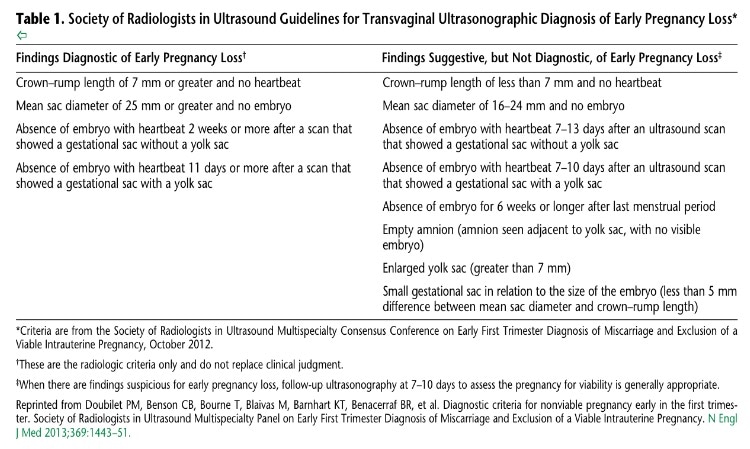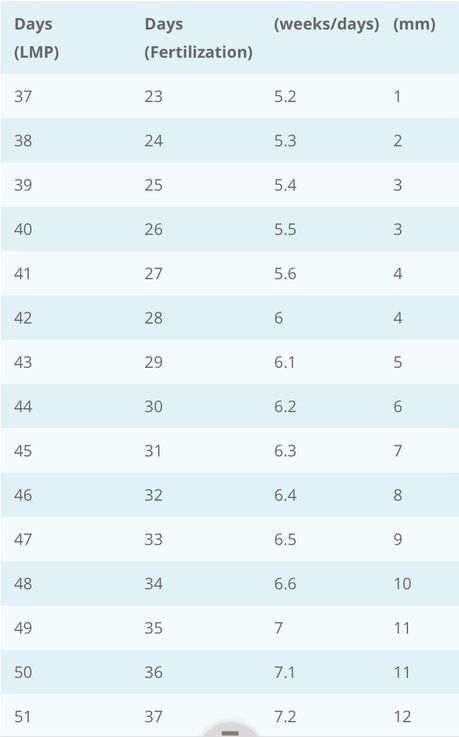Believe it or not, there’s a reason! For your doctor to be able to definitively tell you about the health of your baby, it actually takes 45 days from your last period. This doesn’t include an expected one week margin of error that your ultrasound may differ from the date suggested by your period (think of it as some kids are bigger or smaller than others, even at this early age). Using an average measurement, we need to see a baby of 7mm in size to determine whether or not a pregnancy is successful. Alternatively, if you come in before the part that becomes the baby develops, you may have to wait up to 2 weeks for that part to form! That’s a long time to have to worry, and it adds to expenses for another ultrasound and/or labs. That’s a lot of money you could save for diapers!
Not to mention, we still may not be able to give you a definitive answer before that time, no matter how much we’d like to. There can be some findings that may make a pregnancy less likely to be successful (or even require earlier/emergent treatment in some cases), but we don’t want to give up on a pregnancy that may simply be slower to develop! We understand waiting sucks, but that being said, by using the more conservative guidelines, we’re able to allow every possible chance for a successful pregnancy.
I’ve attached some charts below so you can see we aren’t fibbing or just mean! Good luck, and we wish you all healthy, successful pregnancies!
Dr. Nick


 RSS Feed
RSS Feed